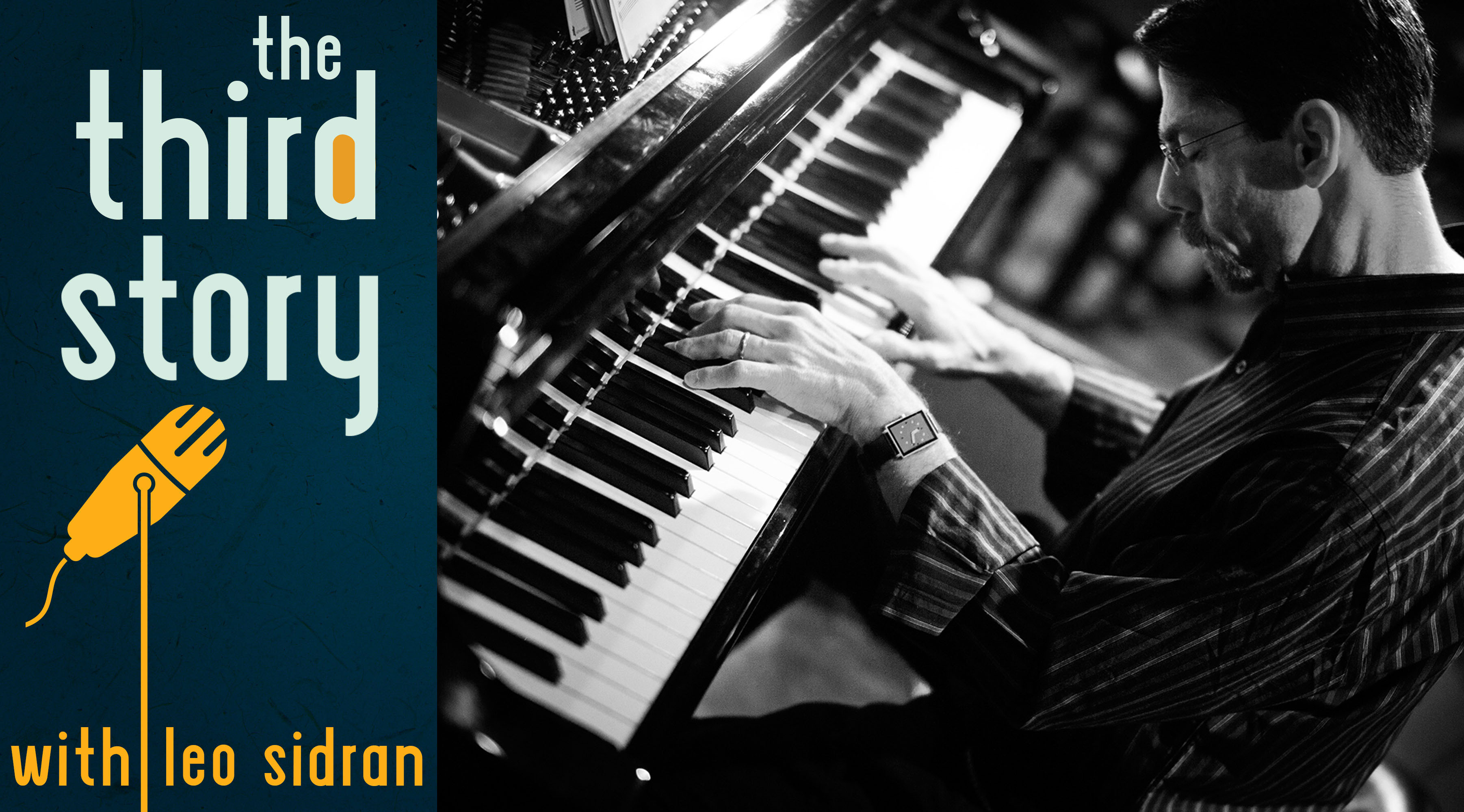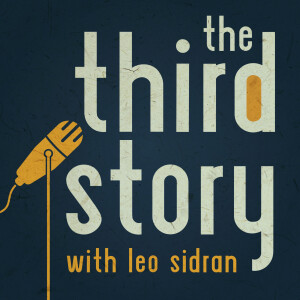
Pianist, composer, educator and recording artist Fred Hersch has been proclaimed “the most arrestingly innovative pianist in jazz over the last decade” by Vanity Fair, “an elegant force of musical invention” by The L.A. Times, and “a living legend” by The New Yorker.
He tells me, “I’m 63. I’ve been playing 2, 5 and 1 for 45 years. I don’t know many people that can go to work after 45 years and say that they’re really looking forward to it. As long as I can keep my physical skills intact, I’m gonna keep going until I can’t go anymore.”
Keeping his physical skills intact has been more challenging proposition for Fred than for most. He has been HIV positive since the 1980’s, and at times just staying alive has been a struggle. Nonetheless, his creative output is exhaustive. With more than three-dozen albums to his credit as a leader or co-leader, multiple collaborations with many of the finest jazz musicians in the world, Hersch consistently receives lavish critical praise and numerous international awards for each highly anticipated new release.
In Fred’s case, the intersectionality of life and work has been constant. For example, a decade ago he slipped into a pneumonia related coma for 2 months. When he emerged, after recuperating, he wrote and produced “My Coma Dreams”, a long form song cycle presented in music, words and video projections about the strangeness of coma-state perceptions versus real events.
A documentary film, The Ballad of Fred Hersch (https://vimeo.com/ondemand/fredhersch) was made about that experience, and his memoir Good Things Happen Slowly was published in 2017. In the book, he describes the kind of double life he led as a gay jazz musician before coming out in the early 1990s and taking control of his own personal narrative. So it’s fair to say that both his work and his life have been well documented.
Ostensibly what brought us together was the latest document, the album Trio 97 @ the Village Vanguard, a previously unreleased live recording from the Village Vanguard made over 20 years ago. The record documents his first tenure as a band leader in the legendary New York jazz club that has become his home base (for more than two decades he has performed there for packed houses three times a year and has recorded some of his most acclaimed albums on its historic stage). In fact, he’s playing there this very weekend!
However we could easily have talked at any time because there’s always a “next project” with Fred . Even as we discussed Trio 97, he was eager to tell me about yet another record he made at the Vanguard in October, a duo recording with Esperanza Spalding, and an upcoming recording in Germany with Vince Mendoza. The week we spoke (last month), his 2018 release Fred Hersch Trio Live In Europe was nominated for a Grammy (his 13th nomination).
We met on a crisp December afternoon in the Soho apartment that has been his home for four decades and talked about how the scene has changed over the years (“people drink less now”), learning to be gracious (“the audience needs to have their experience independent of how you feel about it”), education (“You can spend $200,000 on a jazz performance degree and not make that much money in the next 10 years”), songwriting (“I try to write tunes”), self reflection (““If I want to be the person I can be, I can’t worry about what people think”) and much more.
As he says, “Having a lot of information is like having a big vocabulary. That doesn’t mean you know how to tell a story. I’ve always been interested in story telling.”
Listen to hear what he means and hear Fred tell his story.
Thanks for listening. If you enjoyed it, please leave a review on iTunes and consider supporting the podcast on Patreon! And now you can also listen to the podcast on Spotify!
More Episodes
 2024-11-11
2024-11-11
 2024-10-31
2024-10-31
 2024-10-22
2024-10-22
 2024-10-10
2024-10-10
 2024-09-24
2024-09-24
 2024-09-03
2024-09-03
 2024-05-28
2024-05-28
 2024-05-09
2024-05-09
 2024-04-30
2024-04-30
 2024-04-18
2024-04-18
 2024-04-08
2024-04-08
 2024-02-07
2024-02-07
 2024-01-23
2024-01-23
 2024-01-11
2024-01-11
 2024-01-02
2024-01-02
 2023-12-19
2023-12-19
 2023-12-05
2023-12-05
 2023-11-16
2023-11-16
 2023-11-03
2023-11-03
Create your
podcast in
minutes
- Full-featured podcast site
- Unlimited storage and bandwidth
- Comprehensive podcast stats
- Distribute to Apple Podcasts, Spotify, and more
- Make money with your podcast
It is Free
- Privacy Policy
- Cookie Policy
- Terms of Use
- Consent Preferences
- Copyright © 2015-2024 Podbean.com






